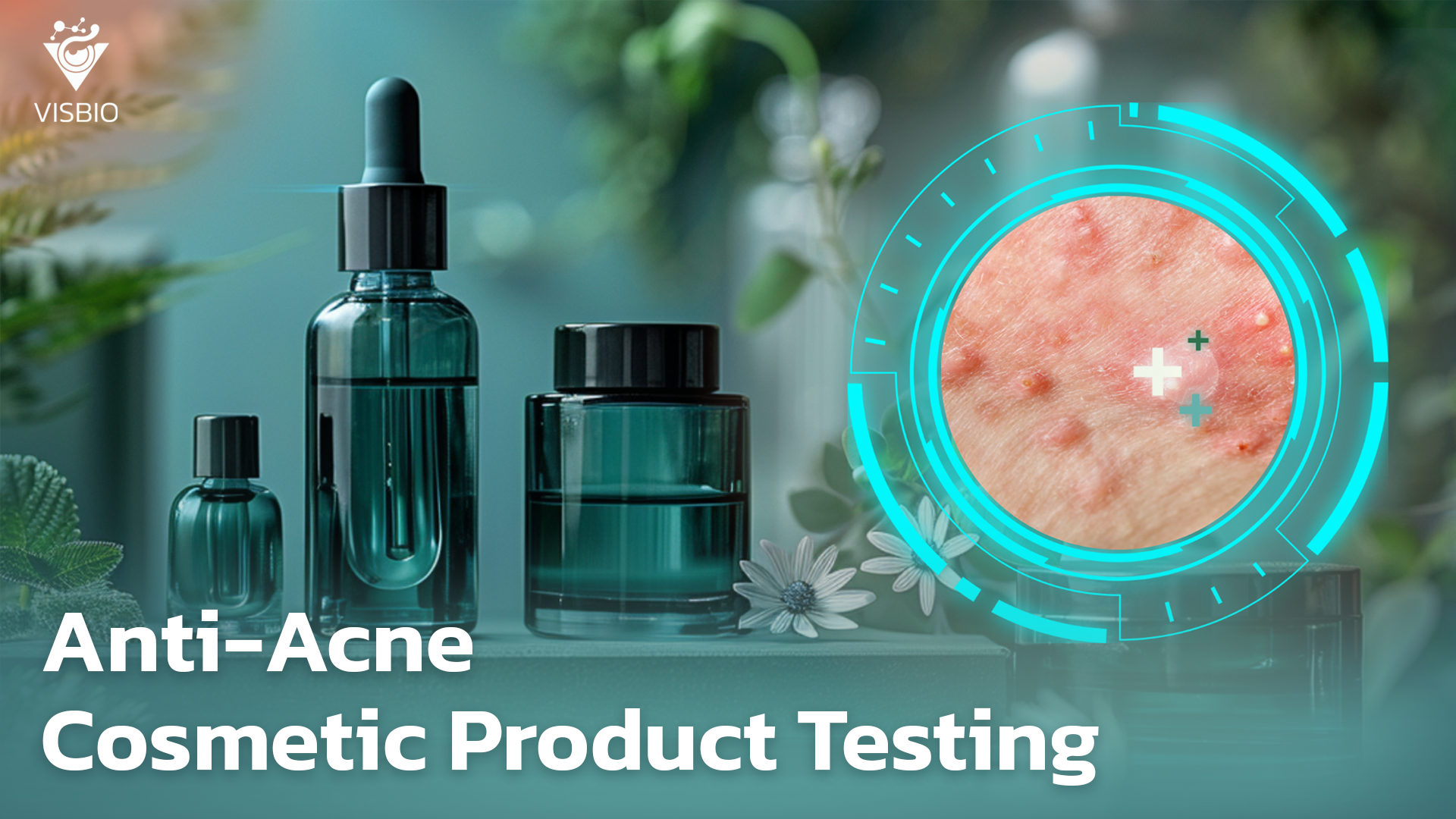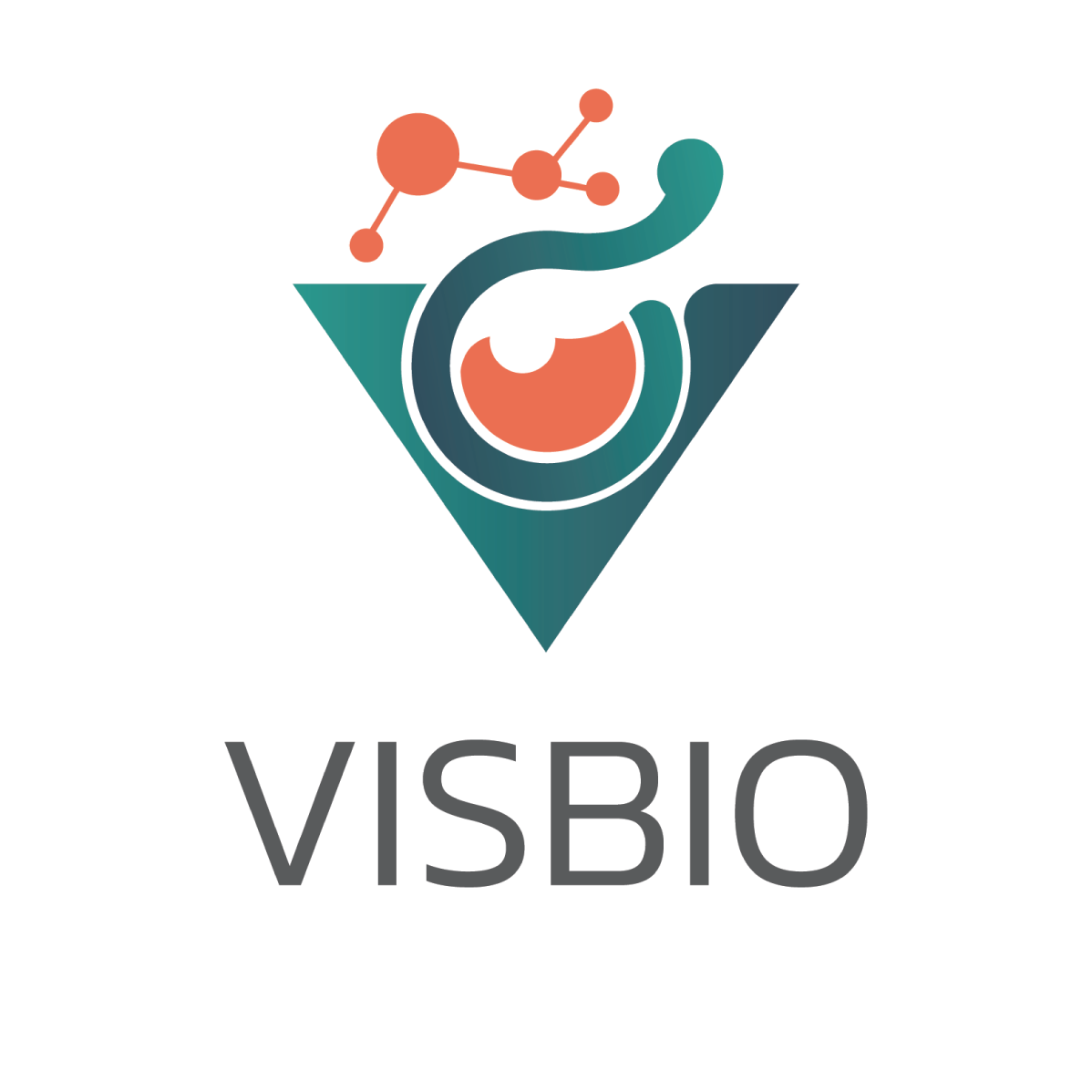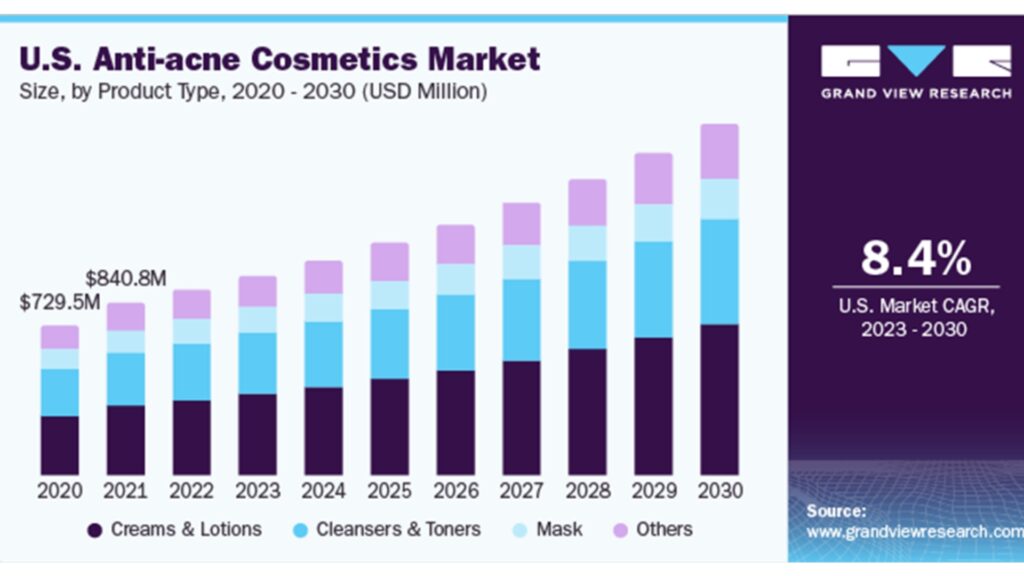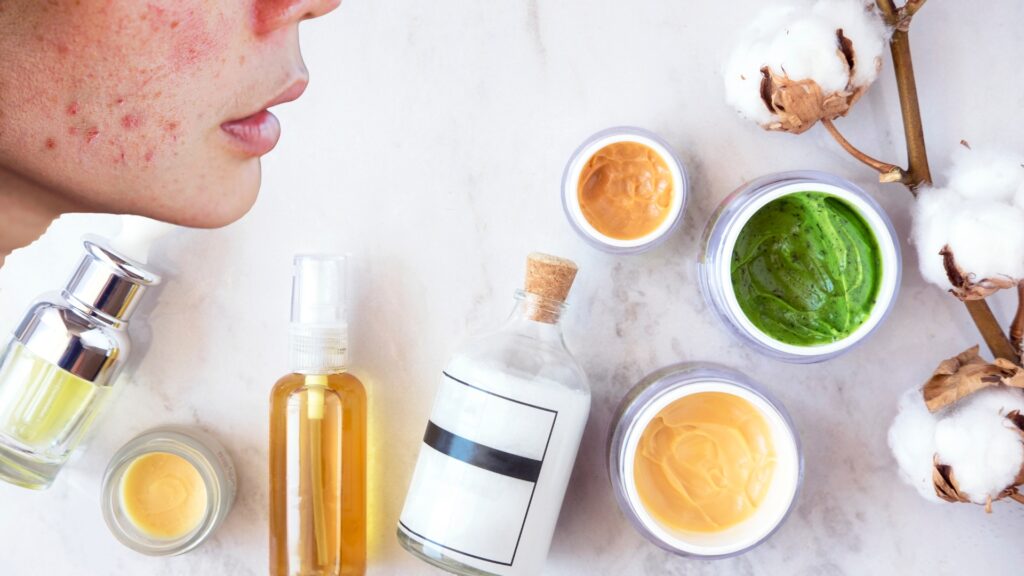
Information on Anti-Acne Cosmetic Product Testing Services
The cosmetics industry is facing increasingly fierce competition. Brand owners and manufacturers are challenged to develop high-quality and safe products for consumers. Product testing of acne products is a crucial step in proving that your products deliver superior results and efficacy compared to other brands. Testing for acne-causing bacteria like Propionibacterium acnes, Staphylococcus aureus, and Staphylococcus epidermidis confirms your product’s ability to inhibit their growth, helping reduce acne breakouts in consumers.
Furthermore, testing helps you understand the effectiveness of each product type in treating acne, whether it’s a cream, serum, or mask. Verifying these test results instills consumer confidence in your product and enhances brand credibility. Testing the effectiveness of inhibiting various bacteria is also crucial for improving formulas and developing products that achieve optimal results and meet market demands.
Market and Trends of Anti-Acne Cosmetic Products
The global market for anti-acne cosmetics was valued at USD 4.46 billion in 2022 and is expected to grow at a compound annual growth rate (CAGR) of 9.1% until 2030. This growth is supported by the increasing consumption among both men and women, as well as the expansion of e-commerce platforms. The most popular products are creams and lotions, which held the largest market share in 2022.
The Asia Pacific region is the largest market and is expected to grow strongly in the future. This is mainly due to the growing adolescent population and climate change affecting skin conditions. Additionally, the increasing awareness of effective and safe acne treatments is a key factor driving market growth. Anti-acne products with natural and organic ingredients are gaining popularity as consumers become more conscious of health and environmental impacts, prompting manufacturers to innovate and develop new formulas to align with this trend and meet market demands.
Acne Skincare Products
Acne skincare products are specifically designed to address acne problems, focusing on treating acne, reducing inflammation, controlling oiliness, and preventing new breakouts. These products come in various forms, such as:
- Cleanser: Cleanses the face, removing dirt, excess oil, and dead skin cells, which can clog pores and cause acne.
- Toner: Helps balance the skin after cleansing, removes residual dirt, tightens pores, and prepares the skin for further nourishment.
- Treatment: Contains active ingredients that directly treat acne, such as salicylic acid, benzoyl peroxide, or natural extracts with anti-inflammatory properties.
- Moisturizer: Replenishes skin moisture, reducing dryness, which is another factor that triggers the skin to produce excess oil.
- Sunscreen: Protects the skin from UV rays, which can cause irritation and worsen acne.
Additionally, there are other supplementary products like masks, scrubs, and spot treatments that provide comprehensive care for acne-prone skin.
Key Ingredients in Anti-Acne Cosmetic Products:
- Salicylic Acid: Helps exfoliate skin, unclog pores, and reduce inflammation.
- Benzoyl Peroxide: Kills acne-causing bacteria.
- Glycolic Acid: Helps exfoliate skin and stimulate collagen production.
- Tea Tree Oil Extract: Has antibacterial and anti-inflammatory properties.
- Centella Asiatica Extract: Helps heal wounds and reduce inflammation.
- Niacinamide: Helps control oiliness, reduce redness, and stimulate ceramide production.
Testing acne creams, serums, and masks is essential to confirm their effectiveness in treating acne and caring for facial skin. To meet the needs of manufacturers, cosmetic brand owners, and researchers focused on developing acne-related products, VISBIO Co., Ltd. offers the following tests:
Antibacterial Efficacy Test
Testing the effectiveness in inhibiting acne-causing bacteria is a crucial step in developing acne care products. These tests will help you determine if your product can inhibit the growth of Propionibacterium acnes, Staphylococcus aureus, and Staphylococcus epidermidis. We can conduct these tests using either the Disc diffusion or Agar well diffusion method. This test is essential in confirming product effectiveness and improving the quality of acne care products.
Click to read more about our Antibacterial Efficacy Test service.
Wound Healing Efficacy Test
Testing the effectiveness in generating fibroblasts or wound healing is crucial in developing acne care products as acne treatment often leads to scarring. This test will help confirm that your product can effectively aid in skin regeneration.
Click to read more about our Wound Healing Efficacy Test service.
Anti-Inflammation Test
The anti-inflammation test using Nitric Oxide is a method to assess a product’s ability to reduce inflammation associated with acne. This test measures the levels of Nitric Oxide, a substance produced by the body during inflammation. This method helps determine how effectively the product reduces inflammation, which is crucial in developing acne care products.
Click to read more about our Anti-Inflammation Test service.
In addition to laboratory testing, VISBIO Co., Ltd. has a team of experts in clinical testing, conducting product or irritation tests of cosmetic products on volunteers. If cosmetic manufacturers or brand owners are interested in clinical testing services, they can inquire for more details through our Line Official. We are ready to provide consultation and plan testing for your products.
Literature:
- Anti-acne Cosmetics Market Size & Trends



